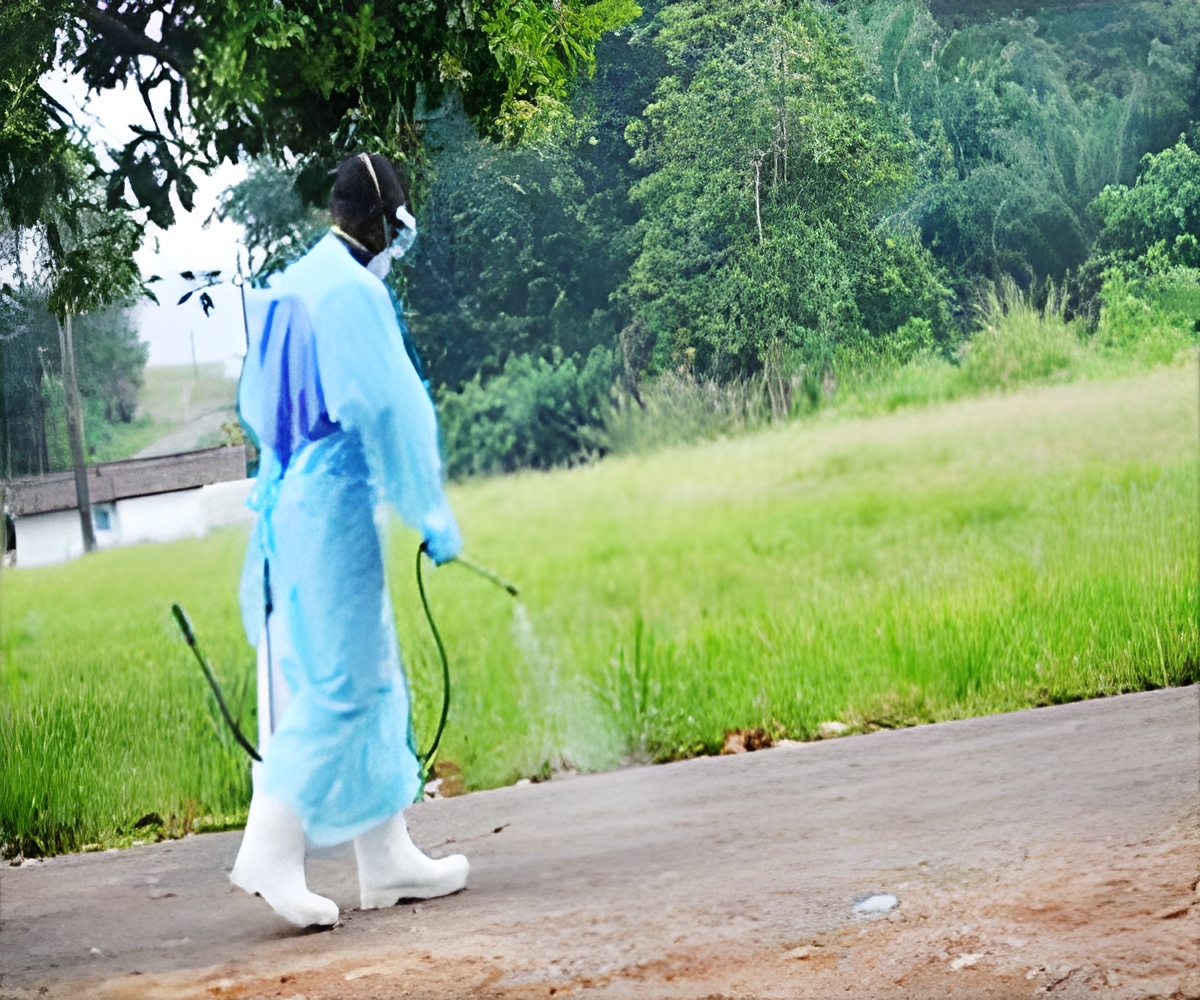
"The outbreak risks having a direct financial effect on government budgets via increased health expenditures that could be significant," he said in a statement.
Liberia, which has suffered more than 300 deaths from the virus, spent $12 million (nine million euros) tackling the Ebola outbreak between April and June, and looks set to spend much more in the coming weeks.
It began work to expand its Ebola treatment centre in the capital Monrovia on Thursday -- one of only two centres in the country of 4.2 million.
"We need to increase the size of this place because more and more people arrive every day due to the awareness programme," Nathaniel Dovillie, head of the centre, told AFP.
"The number of sick compared to the number of available places is a problem. We need more centres in Monrovia."
Advertisement
Increasingly draconian restrictions have also been put in place in Guinea, where the outbreak has killed at least 377.
Advertisement
- Threat to Nigeria oil -
Moody's warned that a serious outbreak in Lagos, Africa's most populous city, could cause severe disruptions to the oil and gas industry as international companies evacuate staff and local operations are shut down -- translating into "economic and fiscal deterioration".
The number of confirmed Ebola cases in Nigeria has risen by one to 11, Health Minister Onyebuchi Chukwu said on Thursday.
The figure includes three deaths and eight people who are being treated at a special isolation unit set up in Lagos, a megacity of more than 20 million people.
There are also fears that the virus could spread further afield. The World Health Organization confirmed Kenya is a "high-risk" country on Wednesday due to its position as a transport hub for the continent.
A number of airlines have cancelled flights in and out of West Africa. Gambia suspended all flights from Guinea, Liberia and Sierra Leone, according to a transport ministry document obtained by AFP on Wednesday.
- Experimental treatments -
The death toll in the worst epidemic of Ebola since its discovery four decades ago climbed to 1,069 on Wednesday, according to the WHO which said 56 people had died in two days. Nearly 2,000 have now been infected.
Canada's Health Minister Rona Ambrose said between 800 to 1,000 doses of a vaccine called VSV-EBOV, which has shown promise in animal research but never been tested on humans, would be distributed through the WHO.
Hard-hit nations were also anxiously awaiting a consignment of up to 1,000 doses of the barely tested drug ZMapp from the US, which has raised hopes of saving hundreds infected with the disease.
The virus has hit doctors hard in the ill-equipped and fragile health systems of the worst-affected nations.
Sierra Leone's health ministry spokesman Sidi Yahya Tunis told AFP the country had officially requested a shipment of ZMapp as the nation lost its second top doctor to the virus on Wednesday.
The death of Modupeh Cole, a senior physician in the capital Freetown, came just two weeks after the country's only virologist and leading Ebola expert, Umar Khan, died of the tropical disease
There is currently no available cure or vaccine for Ebola, which the WHO has declared a global public health emergency, and the use of experimental drugs has stoked a fierce debate.
The WHO has declared it is ethical to try largely untested treatments "in the special circumstances of this Ebola outbreak".
Source-AFP









